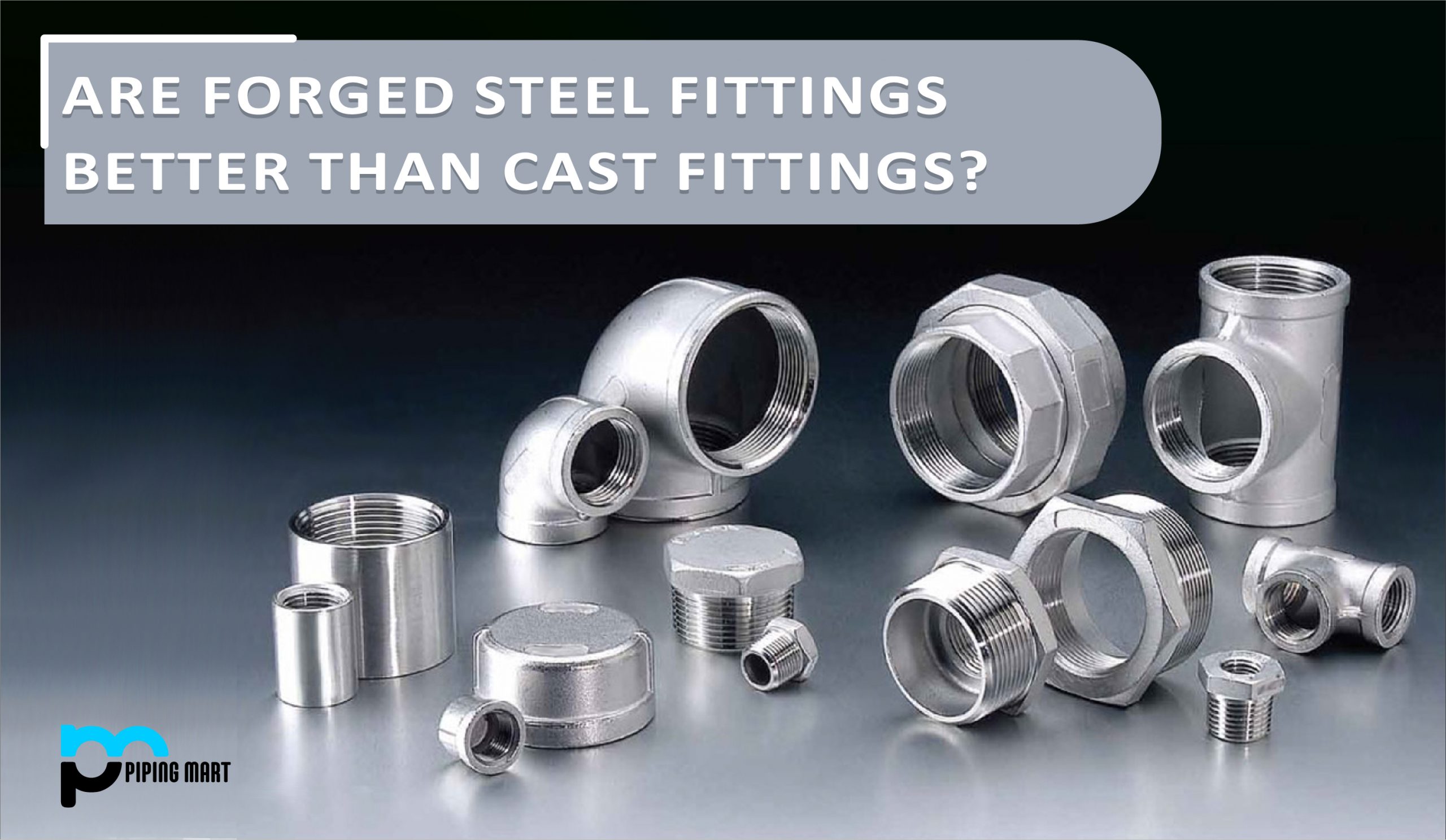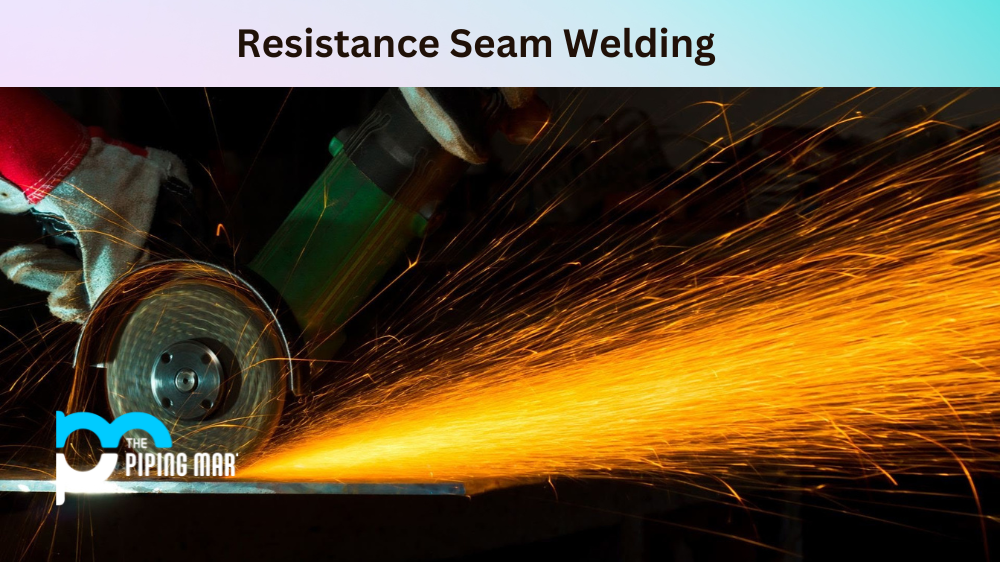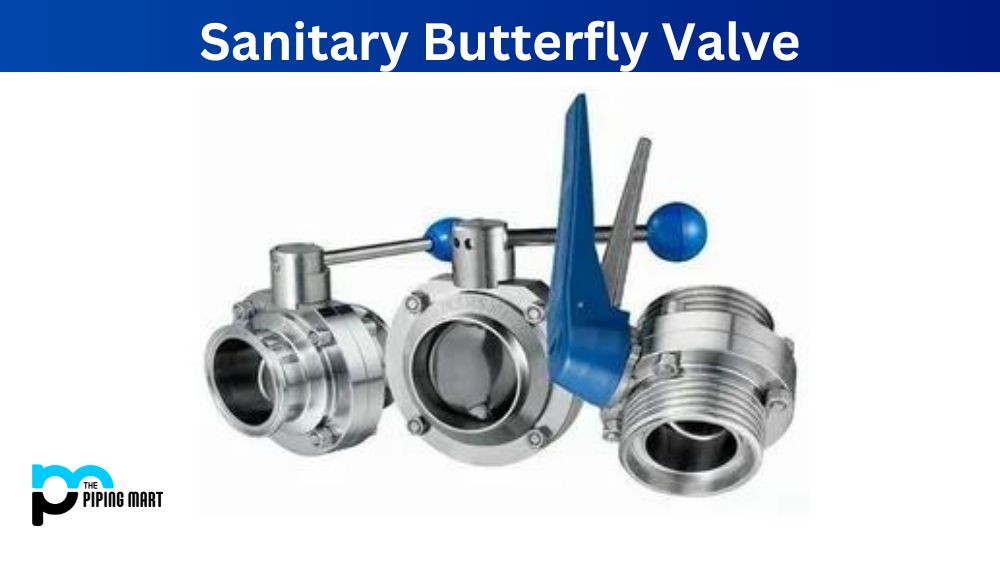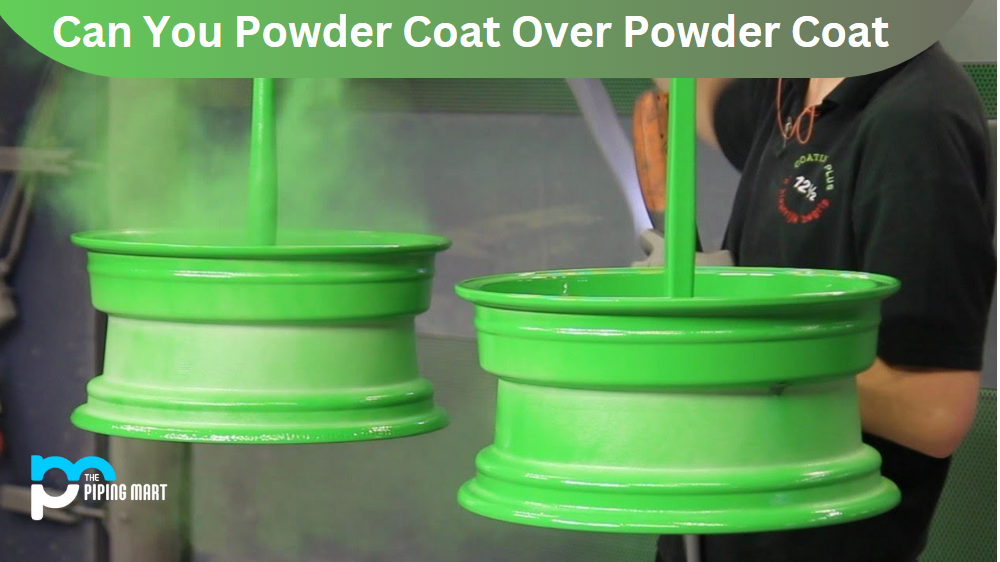Many similarities exist between forged and cast steel fittings since both need the heat treatment of steel until it becomes malleable. Steel products can be made by either forging or casting steel. All of the materials used to make the flanges are normally manufactured from forgings or plates.
Steel casting is one of the techniques in which the metal is heated to a liquid state before being poured into a mold that shapes the required output. Steel forging is the process of applying mechanical forces to heated solid steel bars that are permanently molded into the desired products.
MEANING OF FORGED STEEL FITTINGS
Forged parts are made of steel that has been heated and hammered into a precise form. The technique readjusts the metal grains, resulting in a finished product that is significantly stronger, tougher, and more wear-resistant than the base metal or its cast counterparts. When compared to cast steel parts, forged parts have a 26% greater tensile strength. According to the Industrial and Manufacturing Engineering Department’s research, forged parts respond better to heat treatment. It can withstand more mechanical power and more significant impacts. It works better in pairs that are subjected to high loads and pressure. Forging aids in the prevention of pockets, gas voids, and cavities inside the piece.
MEANING OF CAST COMPONENTS
Cast components are made by rapid heating steel until it becomes liquid. The liquid steel may then be poured into a mould. Cast components are less expensive than forged parts, but they are significantly less popular in today’s market. When it comes to mass-produced parts for non-ASME applications, these are typically regarded as the best option. Castings are also ideal for parts having internal cavities. Aside from that, another benefit of castings is the use of alloys. It refers to anything that requires a large amount of nickel and is difficult to forge. Casting also allows for the production of a large number of parts more uniformly. The size of the available equipment might limit the size of forged components. Investment casting and sand casting are the two most common types of casting.
CASTING VS. STEEL FORGING
Both production techniques require the application of high temperatures to steel raw materials, as well as the execution of CNC machining operations after the process, to achieve the final product easily. Surface finish treatments such as polishing, powder coating, painting, wear hardening/protection, and coating types such as zinc plating may also be applied to the finished product.
Aside from that, forged and cast pieces can be hard-faced, brazed, welded, and assembled before being sent as a finished product. The qualities of forging and casting products differ in terms of surface porosity, grain structure, tensile strength, and fatigue resistance.
BENEFITS OF USING CASTINGS AND FORGINGS
Below you can find the difference between using castings or forged steel fittings:
- BENEFIT OF CASTINGS
The primary advantage of casting is that it may generate parts that are too complicated, bulky, or otherwise inappropriate for forging. We can forge parts in a variety of lengths and weights up to several thousand pounds. Casting, on the other hand, is a better alternative if you require a final product that weighs 5000 pounds. Casting can be used in the following situations:
- There is a need to add custom alloys to the part.
- The part is complex.
- The part is too big in size to forge.
BENEFITS OF FORGING
The end piece must generally be forged. It improves the part’s construction consistency, strength, grain structure tightness, and longevity. You can contact the engineers to determine whether forging is appropriate for your project.
CONCLUSION
If you are still unsure about which choice is best for you, keep in mind that it depends on the project. You must know why you need the part. Forge is a great choice if you’re seeking the strength of the part. The cast, on the other hand, is a choice if you need details or a particular alloy.

Pipingmart is B2B portal specializes in industrial, metal and piping products. Also, share latest information and news related to products, materials and different types grades to help business dealing in this industry.




